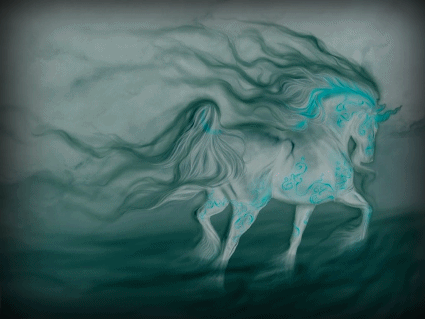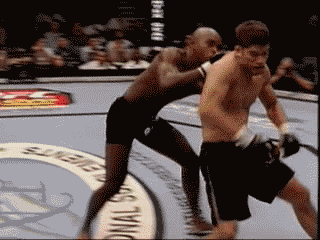The Mafia (also known as Cosa Nostra) is a Sicilian criminal secret society which is believed to have first developed in the mid-19th century in Sicily. An offshoot emerged on the East Coast of the United States and in Australia[1] during the late 19th century following waves of Sicilian and Southern Italian emigration (see also Italian diaspora). In North America, the Mafia often refers to Italian organized crime in general, rather than just traditional Sicilian organized crime. According to historian Paolo Pezzino: "The Mafia is a kind of organized crime being active not only in several illegal fields, but also tending to exercise sovereignty functions – normally belonging to public authorities – over a specific territory..."[2]
The Sicilian Cosa Nostra is a loose confederation of about one hundred Mafia groups, also called cosche or families, each of which claims sovereignty over a territory, usually a town or village or a neighborhood of a larger city, though without ever fully conquering and legitimizing its monopoly of violence. For many years, the power apparatuses of the single families were the sole ruling bodies within the two associations, and they have remained the real centers of power even after superordinate bodies were created in the Cosa Nostra beginning in the late 1950s (the Sicilian Mafia Commission).[3]
Some observers have seen "mafia" as a set of attributes deeply rooted in popular culture, as a "way of being", as illustrated in the definition by the Sicilian ethnographer, Giuseppe Pitrè, at the end of the 19th century: "Mafia is the consciousness of one's own worth, the exaggerated concept of individual force as the sole arbiter of every conflict, of every clash of interests or ideas."[4]
Many Sicilians did not regard these men as criminals but as role models and protectors, given that the state appeared to offer no protection for the poor and weak. As late as the 1950s, the funeral epitaph of the legendary boss of Villalba, Calogero Vizzini, stated that "his 'mafia' was not criminal, but stood for respect of the law, defense of all rights, greatness of character. It was love." Here, "mafia" means something like pride, honour, or even social responsibility: an attitude, not an organization. Likewise, in 1925, the former Italian Prime Minister Vittorio Emanuele Orlando stated in the Italian senate that he was proud of being mafioso, because that word meant honourable, noble, generous
The main split in the Sicilian Mafia at present is between those bosses who have been convicted and are now imprisoned, chiefly Riina and capo di tutti capi Bernardo Provenzano, and those who are on the run, or who have not been indicted. The incarcerated bosses are currently subjected to harsh controls on their contact with the outside world, limiting their ability to run their operations from behind bars under the article 41-bis prison regime. Antonino Giuffrè – a close confidant of Provenzano, turned pentito shortly after his capture in 2002 – alleges that in 1993, Cosa Nostra had direct contact with representatives of Silvio Berlusconi who was then planning the birth of Forza Italia.
The deal that he says was alleged to have been made was a repeal of 41 bis, among other anti-Mafia laws in return for electoral deliverances in Sicily. Giuffrè's declarations have not been confirmed. The Italian Parliament, with the support of Forza Italia, extended the enforcement of 41 bis, which was to expire in 2002 but has been prolonged for another four years and extended to other crimes such as terrorism. However, according to one of Italy’s leading magazines, L'Espresso, 119 mafiosi – one-fifth of those incarcerated under the 41 bis regime – have been released on an individual basis.[20] The human rights group Amnesty International has expressed concern that the 41-bis regime could in some circumstances amount to "cruel, inhumane or degrading treatment" for prisoners.
In addition to Salvatore Lima, mentioned above, the politician Giulio Andreotti and the High Court judge Corrado Carnevale have long been suspected of having ties to the Mafia.[who?]
By the late 1990s, the weakened Cosa Nostra had to yield most of the illegal drug trade to the 'Ndrangheta crime organization from Calabria. In 2006, the latter was estimated to control 80% of the cocaine import to Europe.[21] The mafia also have a strong business in extortion big companies as well as smaller ones. It estimates that 7% of Italy's output is filtered off by organised crime. The Mafia has turned into one of Italy's biggest business enterprises with a turnover of more than US$120bn a year.[
Chef (2014)
10 years ago







0 comments:
Post a Comment